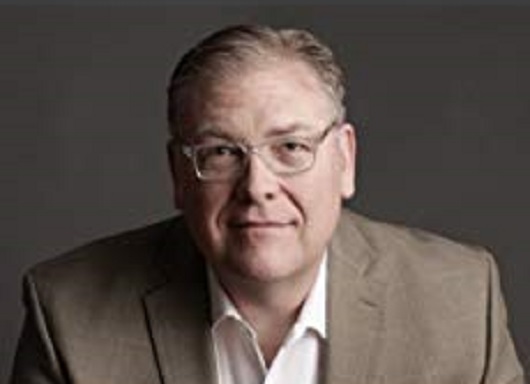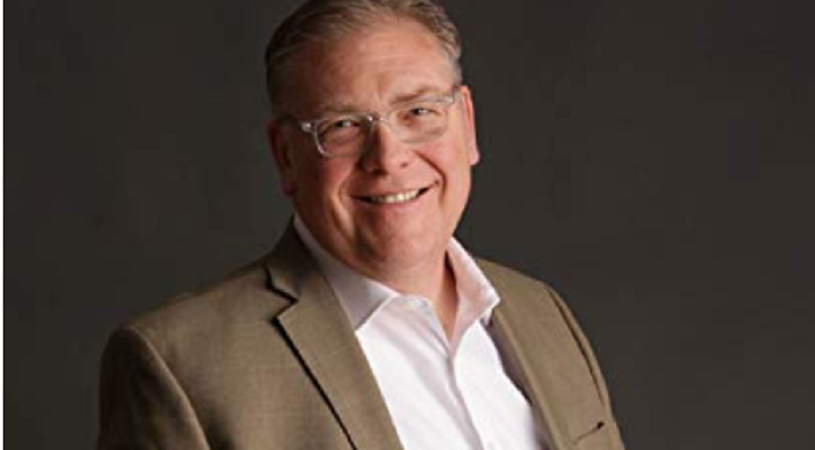I have the honor of introducing to my readers, a special new author, and an amazing book. I meet David Marsh at a writer’s conference last August and we connected instantly. We both loved writing and had a historical fiction book coming out. So, here he is today to tell us about himself and his new book, The Confessions of Adam: A Novel.
Welcome David, tell us a little about yourself and how you were raised.
Winona Lake, Indiana is home. I was born in Warsaw, Indiana and raised in small towns in Ohio before returning to Winona Lake as I entered middle school. My father was a pastor and my mother was a teacher.
What age did you realize you loved books and when did you start writing?
I always had books in my possession. There were always books in the house. On family vacations, we’d stop at those book warehouses that you used to see on interstates before the days of Amazon. I can’t recall a time I didn’t love books.
I began writing in my early twenties. First, it was poetry, and personal essay or memoir-based bits of stories. I then decided one day while fiddling around in my library that I should, could, and would write a novel.
Is your favorite genre to read the same as what you like to write?
I enjoy reading literary fiction. This is also what I set out to write. I first try to satisfy that aesthetic––character-driven story. It so happens that I write stories set in biblical times. This has resulted in my debut novel being labeled historical, Christian, biblical––none of which are fiction genres that I read.
Who’s your favorite author?
I’ll alter that question a bit to speak to influences. As a writer, I think of influence and as a reader, I think of favorites. These have often become one and the same. There have been many. Here are a few.
Kurt Vonnegut was the first novelist to have a profound effect on me. It wasn’t so much what he wrote, but how he wrote. I was amazed that you could do that with words in a novel. That you could be so poignant and funny at the same time.
In college, I read straight through all of Steinbeck’s short novels. I’d like to think those left some residue. Later writers like Ha Jin and Kent Haruf taught me more about the power of a concise and concrete sentence.
Can you share with us a book you have read recently, are currently reading?
Three books I’ve read over the last year or two that stand out:
My Father Before Me = by Chris Forhan is a beautiful memoir about personal tragedy.
Cræft = by Alexander Langlands is a fascinating exploration of the history of man’s taming of the earth through traditional craft.
All the Light We Cannot See = by Anthony Doerr is a gorgeous literary (historical) novel.
Tell us about this book. What did you learn about yourself through writing it?
I learned I really am a writer. I learned that it’s not a passing hobby. I learned that writing––the process of creating a story––feeds my soul.
What was something that surprised you in the way this book unfolded? What character do you like best?
Oren of Susa. This is the name of the scribe to whom Adam tells his story. Oren started out as a “scribe’s preface” on a quarter of the first page. But as the drafts of the manuscript piled up he became more and more important to Adam until he was granted every other chapter.
How long does it normally take you to write your books?
This one took ten years. I don’t think the others will take that long. I imagine being able to write a novel in two years, perhaps another year to edit and refine. Of course, such things are unpredictable.
What do you find to be the most challenging when writing?
The ability I lose to read my writing. As the writer, you forfeit any ability to be a reader of your work. I find that I have significant blind spots regarding what the story is doing. I have confidence in what I’m writing and that it works, but there are aspects of the story readers point out to me and I’m happily surprised by them.
What do you come up with first when you write?
I get the ending first. The ending of The Confessions of Adam was written very early.
Do you normally use an outline for the books you write, or do you just start with a few ideas?
I use an “outline” which is usually two to twenty pages of ideas, structure, to-dos, reference material, and detail. I refine this document and the manuscript itself at the same time. They influence each other. A novel-in-progress is these two documents. I finished The Confessions of Adam and the outline of The Confessions of Adam at the same time.
Is there a special place you like to write?
I write surrounded by bookshelves at one of our old dining room tables which I’ve moved into one of our spare bedrooms. I write in silence––or as close to silence as I can achieve. Sometimes I open the window. Sometimes I turn on the ceiling fan. There is a somewhat noisy old electric wall clock which once hung in my elementary school that I bought at auction. The table is lit by two swing arm task lamps.
Every once in a while, I deeply enjoy writing in a very busy public space. The last time I did this I did nothing but write down bits of dialogue I heard spinning up around me.
What was your inspiration for starting this book or series?
The narrative of Genesis 2-4. The more I read it, and read commentary about it, the more fascinating it became. The depth of meaning, the relevance, and the literary qualities of the text. It’s astounding.
How do you feel writing has affected your relationship with God?
Working in biblical narratives requires significant study and interaction with the biblical text. Assuming you are a believer, you can’t do this without being changed spiritually.
What’s one thing you wish readers would take away from this book?
I simply hope that they’ll go back and read Genesis. I hope that this novel might ignite or reignite their interest in the biblical truth of our origins. Genesis is where a biblical worldview starts—it’s the only place a biblical worldview starts.
What advice would you give a new author?
1) Read. Widely. Make sure you are putting great sentences into your head.
2) Write. Every day.
3) Find a community of writers and connect with them.
All else will come of these.
What project are you working on now?
Six projects are currently battling it out to be the next novel. I don’t know which will triumph. All of them are the same genre as The Confessions of Adam.
Where do we find your books?
The Confessions of Adam is available online at Amazon, Barnes and Noble, Bold Vision Books, and several other online retailers. More info is also available at www.confessionsofadam.com and www.davidjmarsh.com.
About the Author
ღ¸.•*´¨`*•.¸ღ(¯`v´¯)ღ¸.•*´¨`*•.¸ღ

Dave came to belief as a child and grew up steeped in biblical narratives. His mother read to him and his father was a pastor as well as a student of both theology and biblical languages.
Growing up, Dave often asked his father to read aloud the scriptures in their original Hebrew and Greek. While Dave could not understand them, the music of these languages in their original tongue fascinated him. His father’s library of commentaries now lines a wall in his home.
David J. Marsh holds a BS in Communications from Grace College, Winona Lake, IN and an MFA in Creative Writing from Butler University, Indianapolis. Dave’s work has been recognized by or appeared in Utmost, Booth Online, NoiseMedium, and Fixional.
Views: 480
